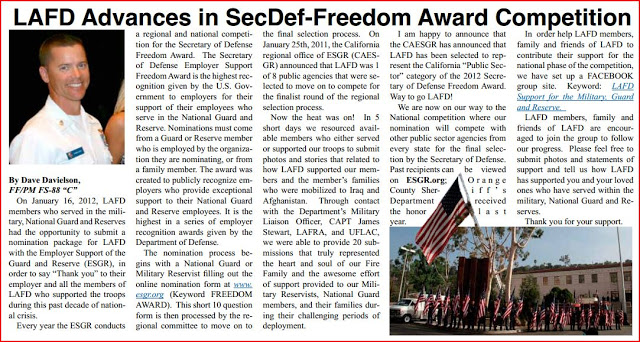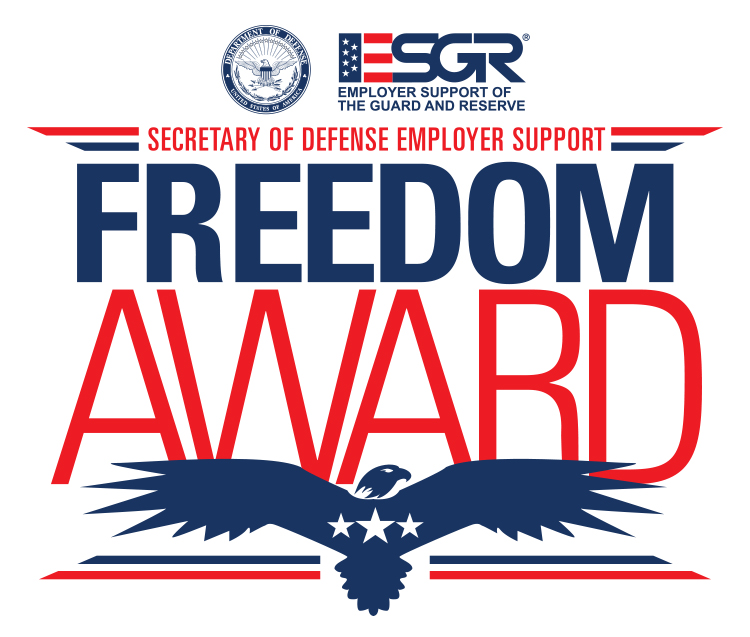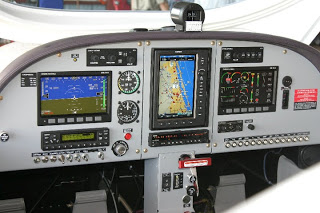Situational Awareness Is Just as Important During The Interview as It Is in Flight
 We hear it all the time while training as newbie pilots, career aviators, and during recurrent training: “Stay Ahead of the Aircraft”. One of our tasks in the cockpit is to mitigate risk by constantly analyzing new information as it becomes available so the flight ends safely. Some call this “SA” or “Situational Awareness”.
We hear it all the time while training as newbie pilots, career aviators, and during recurrent training: “Stay Ahead of the Aircraft”. One of our tasks in the cockpit is to mitigate risk by constantly analyzing new information as it becomes available so the flight ends safely. Some call this “SA” or “Situational Awareness”.
In similar fashion, we tell our students on day one at Guidance Aviation to start preparing their resumes for the future, both in written format as well as online through mediums like LinkedIn and Facebook. “Sharing your passion, Not your pain” online is essential to conveying a positive persona to the world while also making certain not to share anything on your “FB” page that will scare off a future employer. See our previous article: “Online Guidance To Career Placement”. All of this is in preparation for the first interview.
Interviewing For Your Next Helicopter Flying Job – Anticipate Your Employer’s Needs
But what about the actual interview? What are you going to say or ask? It is just as important to anticipate what the employer is looking for as it is to share your skills and knowledge. Here are some recommended questions to ask during your interview. Of course, ask them in a manner which best suits the situation and your personality:
- “If I earn the job, what is the performance review process and what are the things I need to accomplish over the next year to receive a great review?” [The key here is to show clear desire to succeed].
- “Besides flight operations, can you tell me a little about how your finance, marketing, and operations work here?” [This is important. It shows you are also interested in other areas of the operation as well as the “Big Picture”. You may also be able to expound here a bit and discuss what you did during your flight training. Maybe you worked in dispatch, assisted marketing, or interned in the student services department. Let the potential employer know you’re more that just a “kick butt” pilot. Share your other skills, besides flying, that may be of value to the hiring company].
- “Who are the “rock stars” at this company and why?” What characteristics do these rock stars share? [Again, asking about these people shows you want to be like them, fit in, and succeed].
- “As my employer, what concerns you the most about the company and its challenges? How can I help the company overcome these challenges?” [Questions like these show you want to do more than just show up to work and be a safe pilot. It means you are looking beyond the horizon and anticipating the needs of your boss and the organization].
- “Who is / are your main competitor(s)? What worries you the most about them? What can I do, if hired, to help come out on top?” [Show your competitive, driven edge and that you are a team player].
- “What is the timeline to filling this position?” What would be a good time to get back in touch with you?” [Show your desire, ask for the job].
The six questions above represent many of which you could ask. Point being, anticipate the potential employer’s needs. Think beyond the cockpit and find out during the interview how you can help your next boss succeed. You may get hired for having good “SIA” ( Situational Interview Awareness ).




